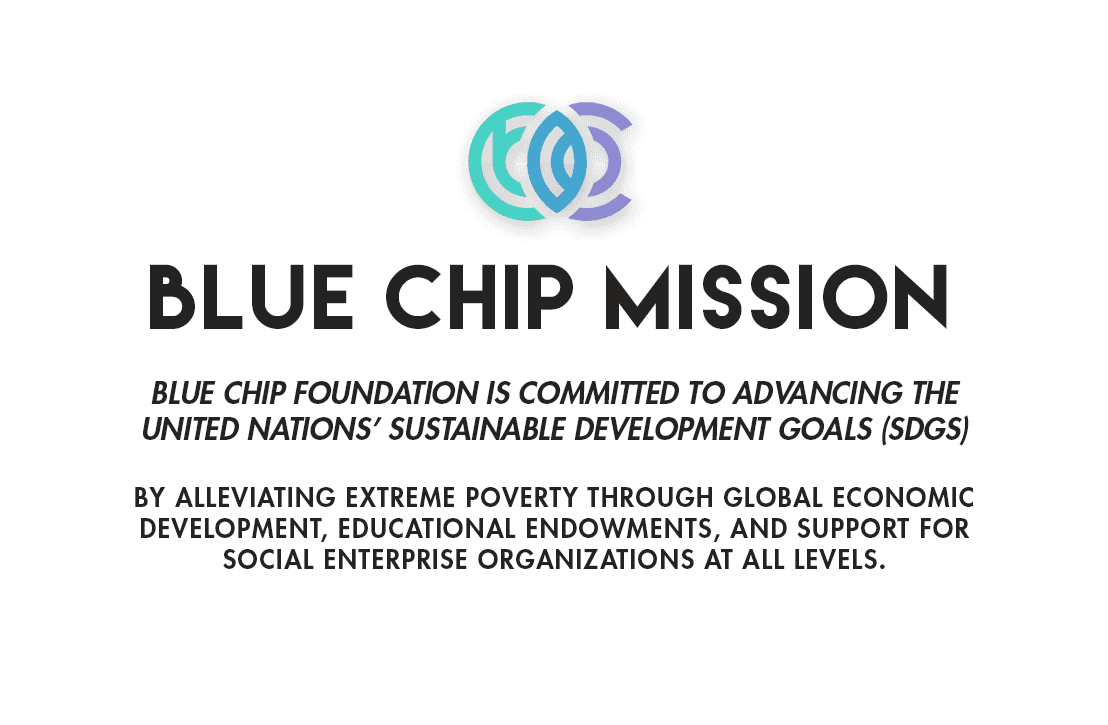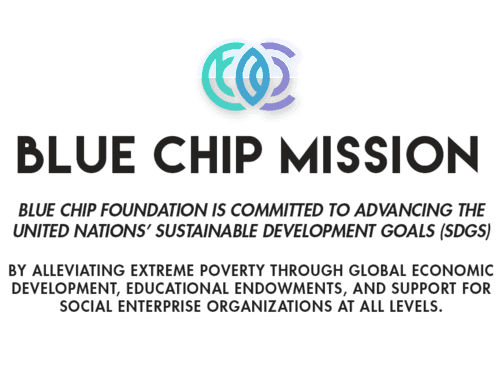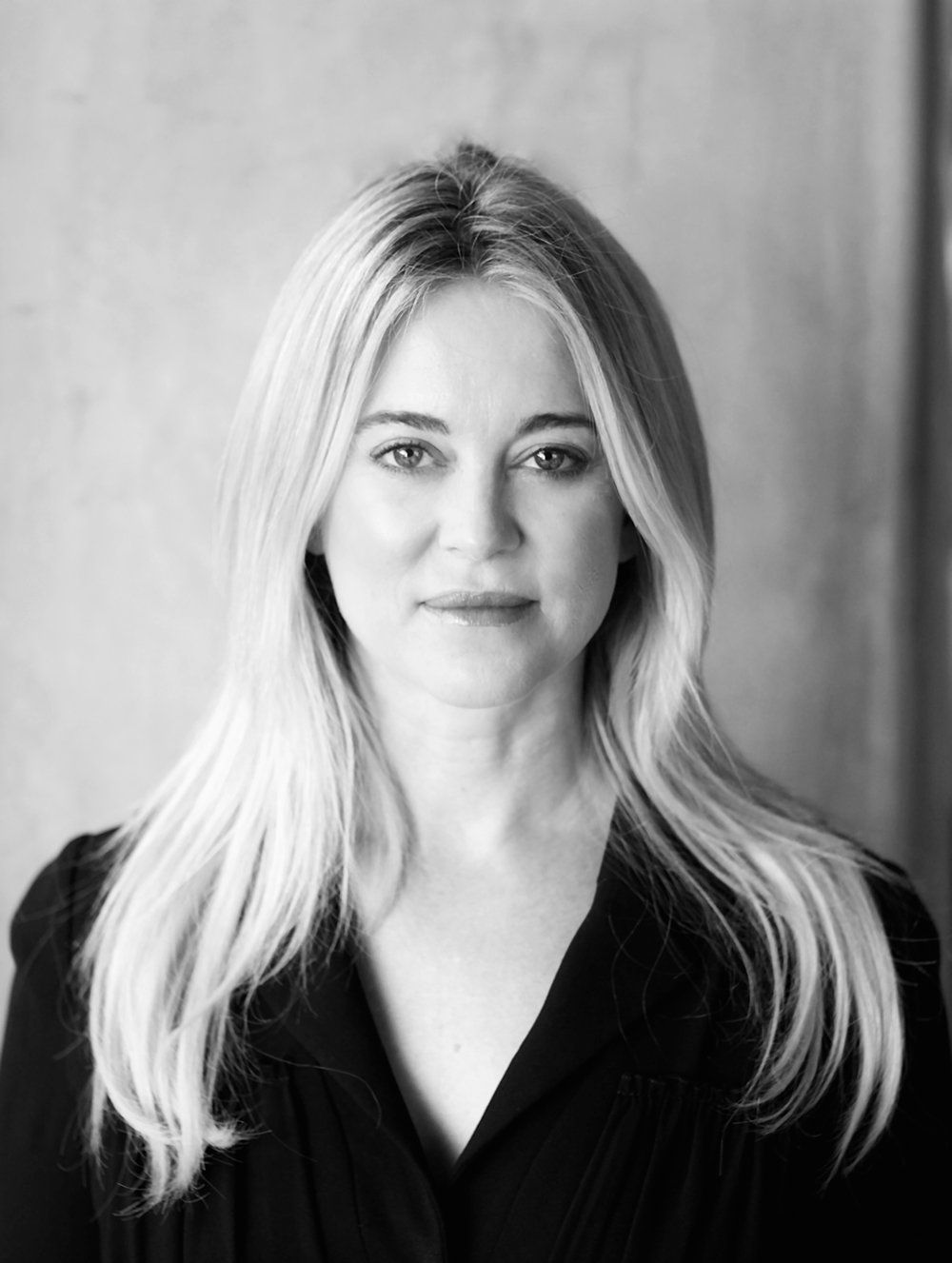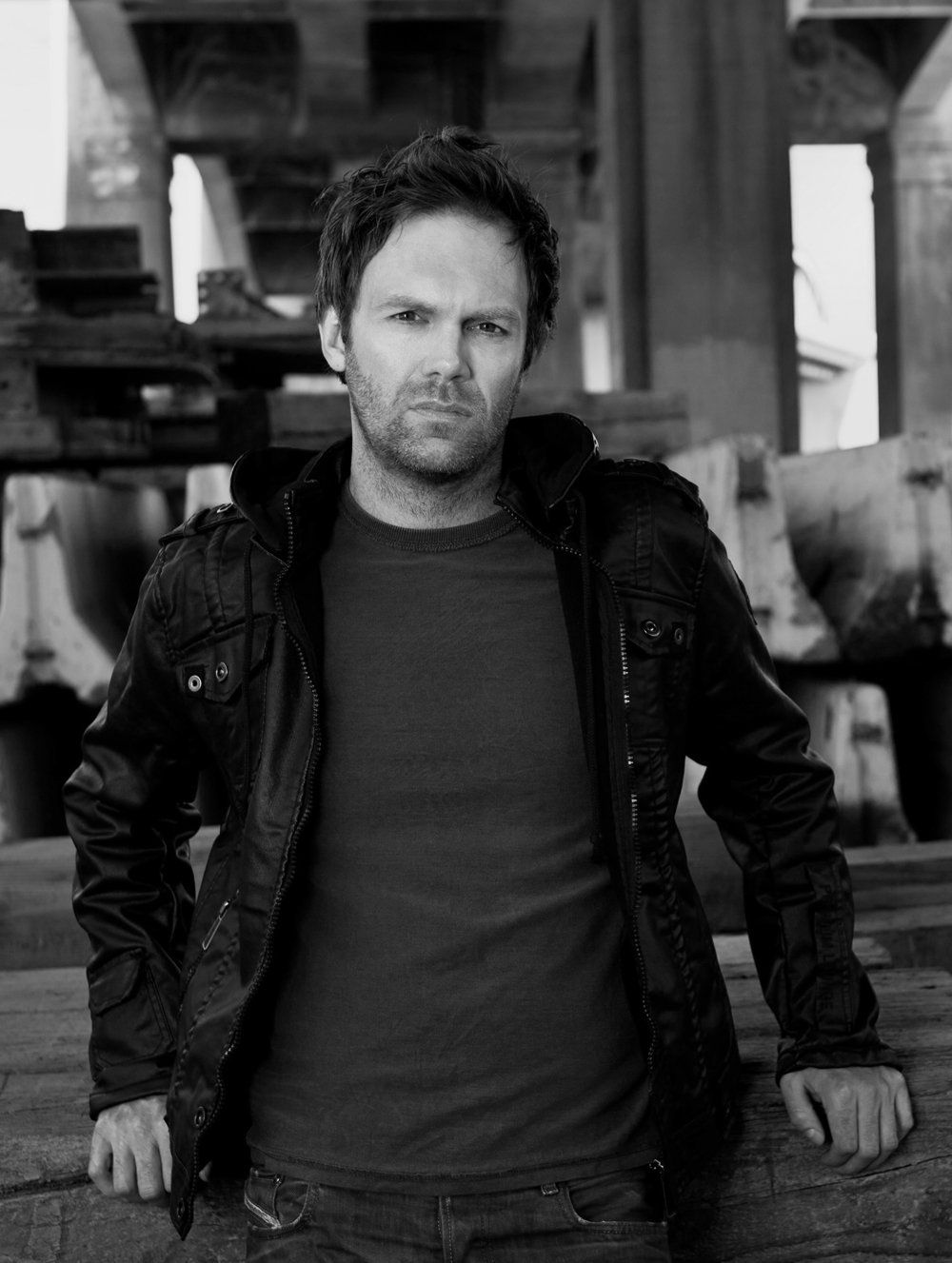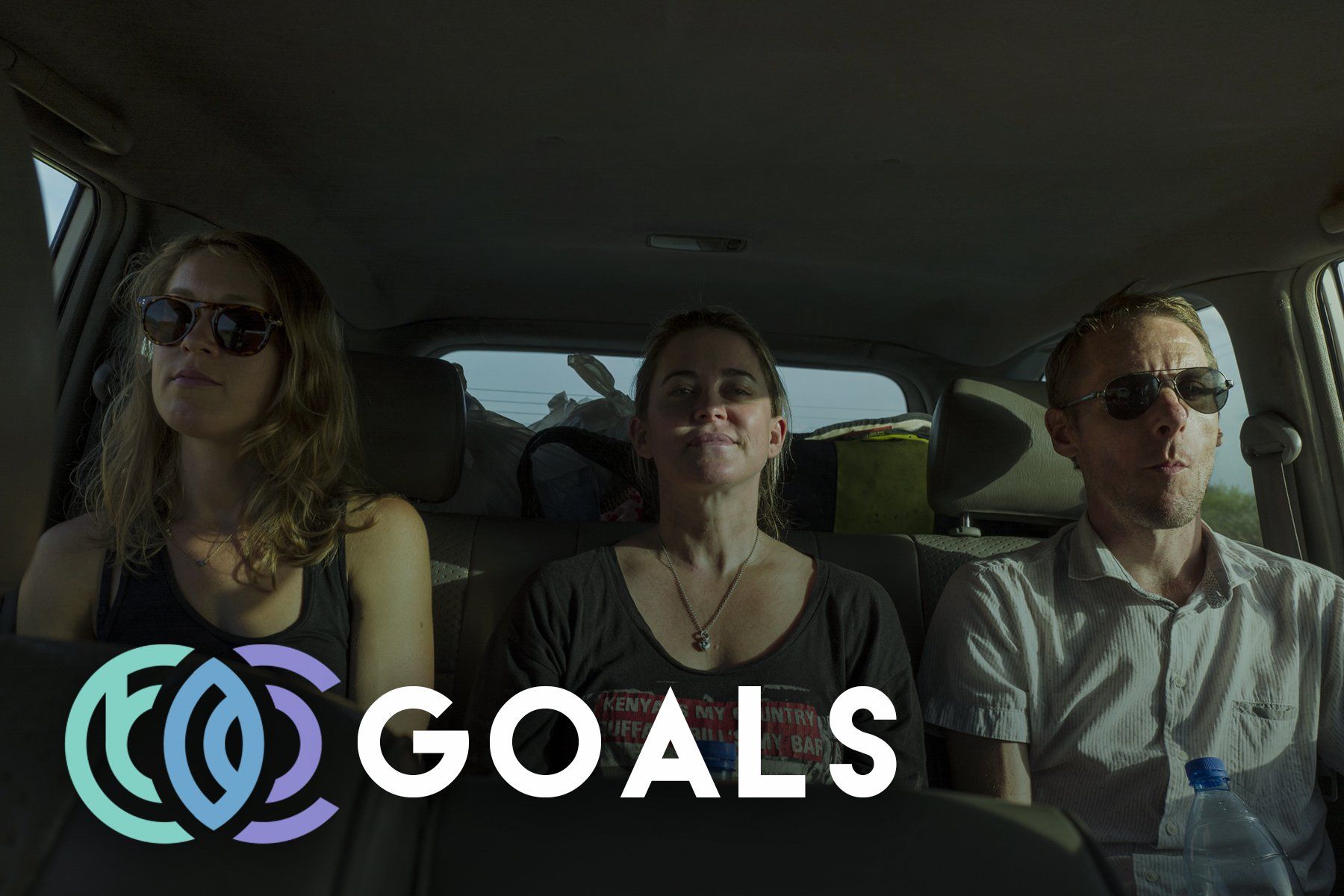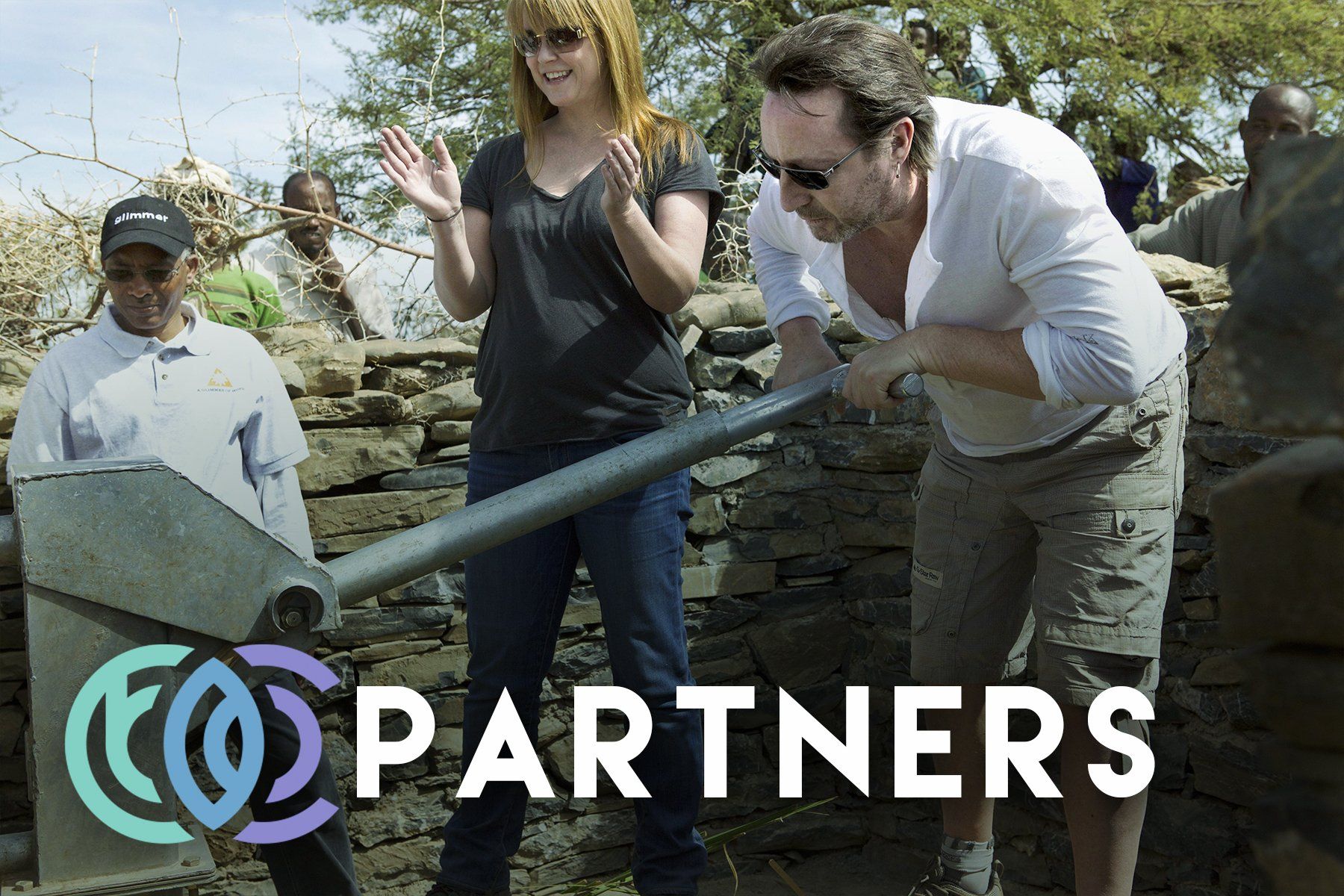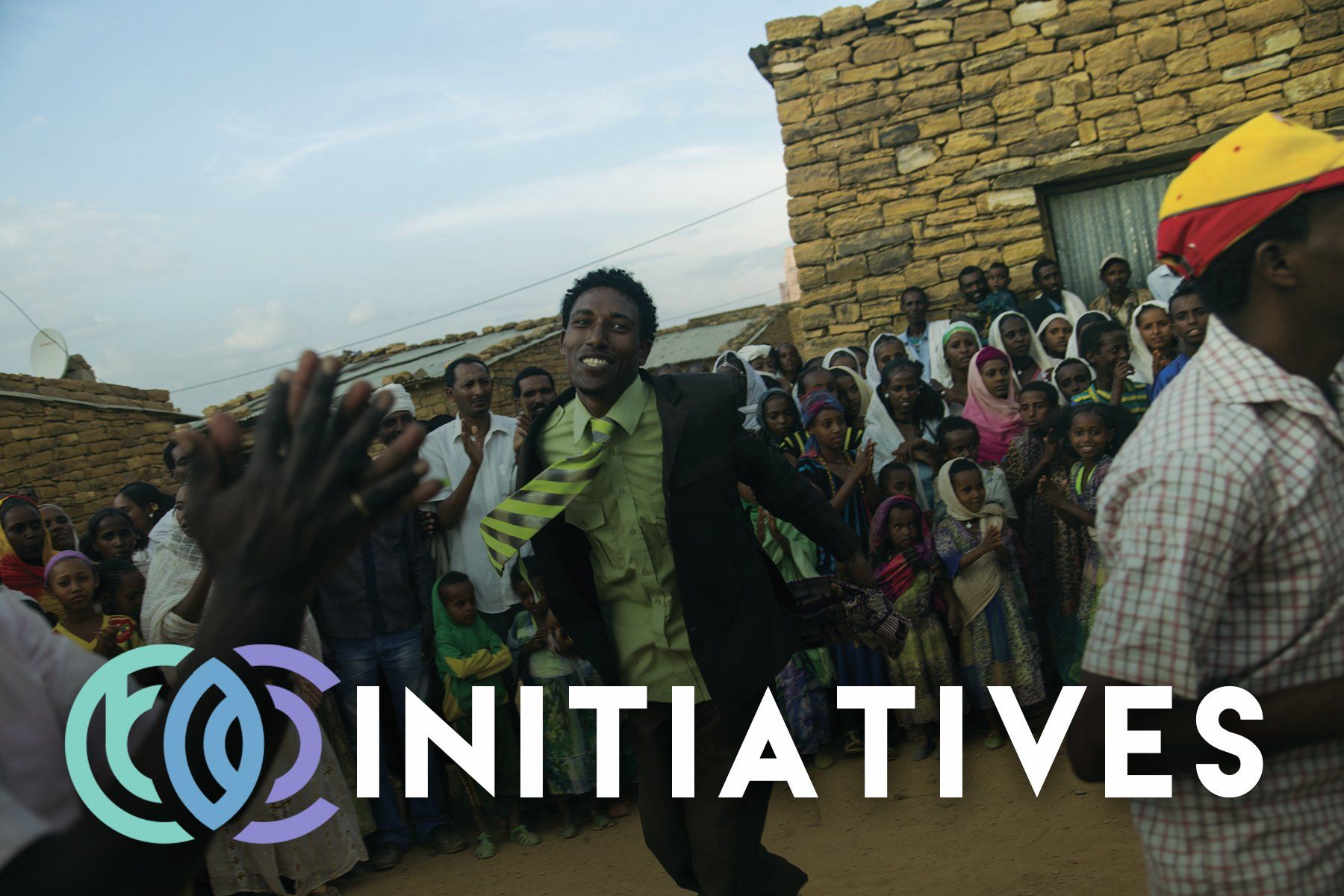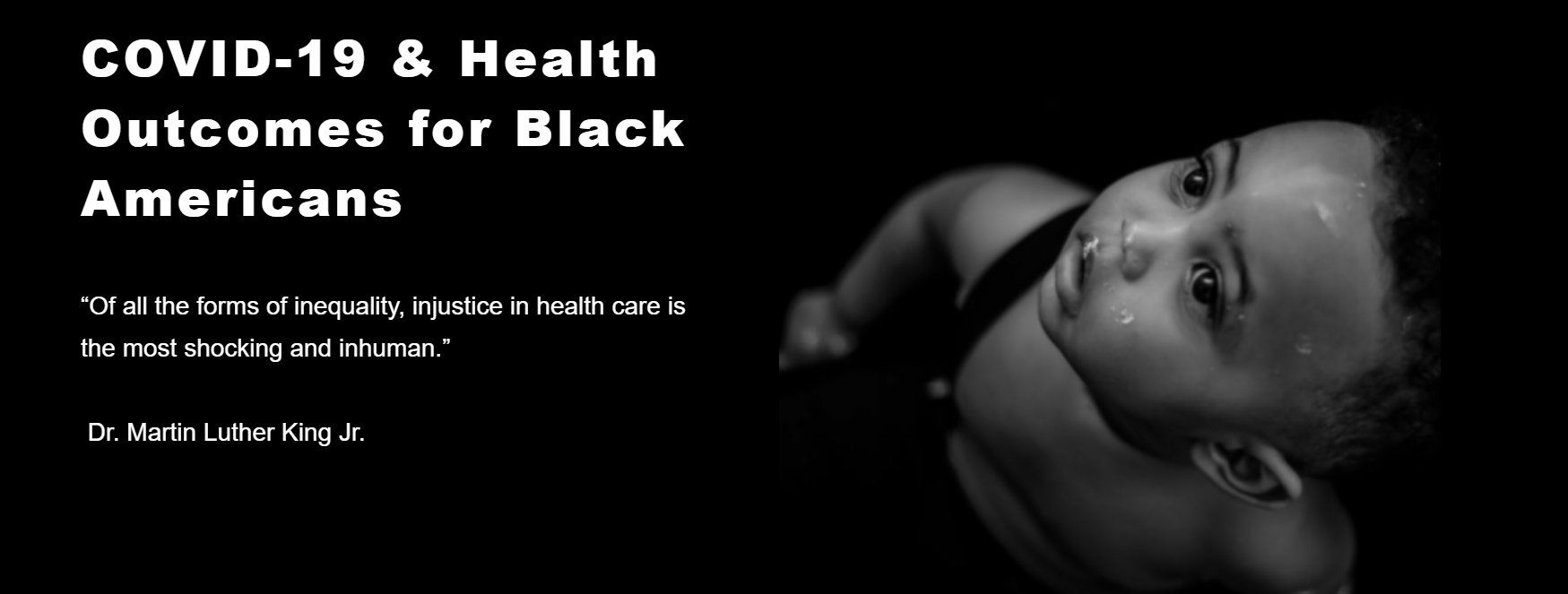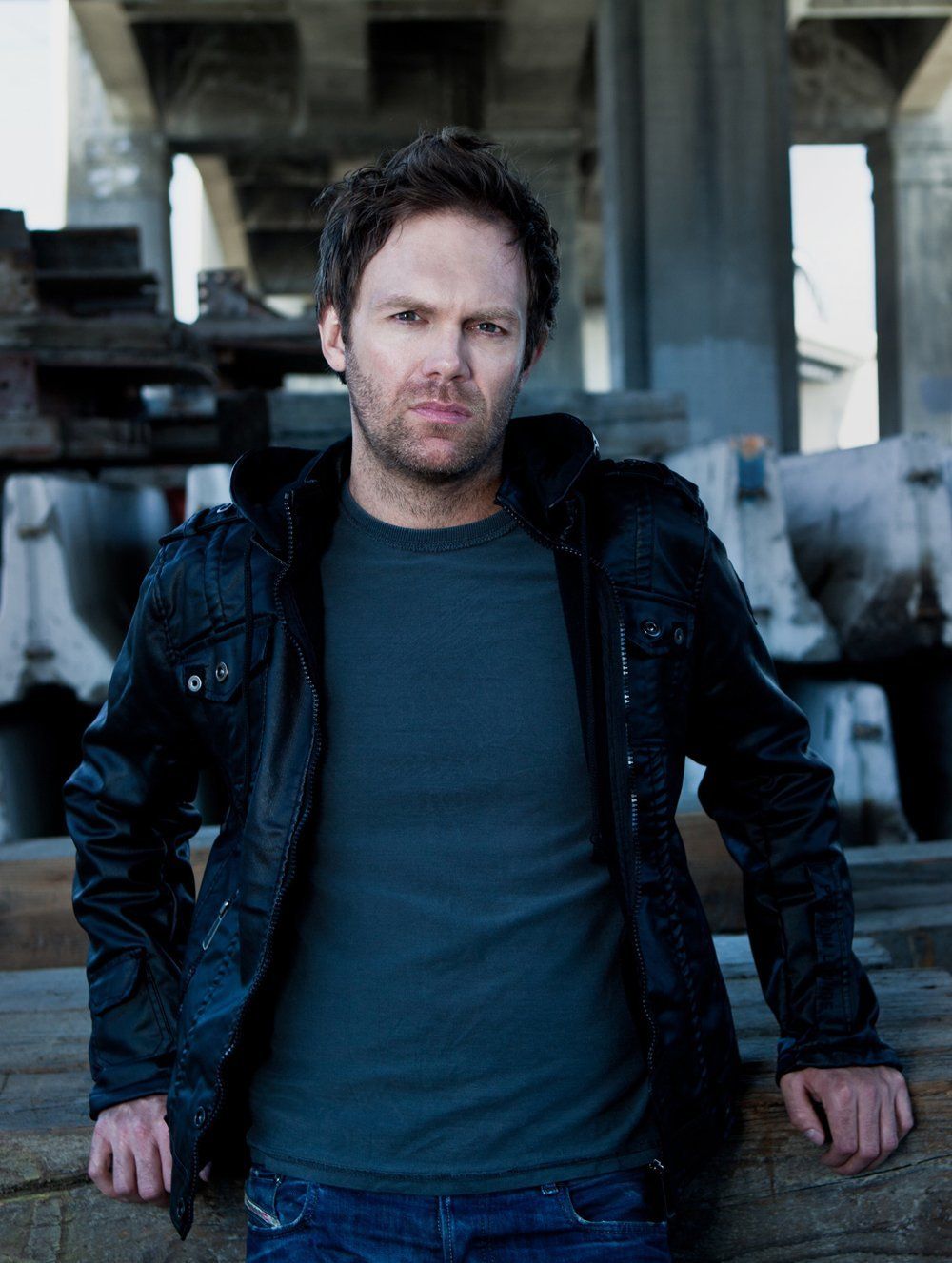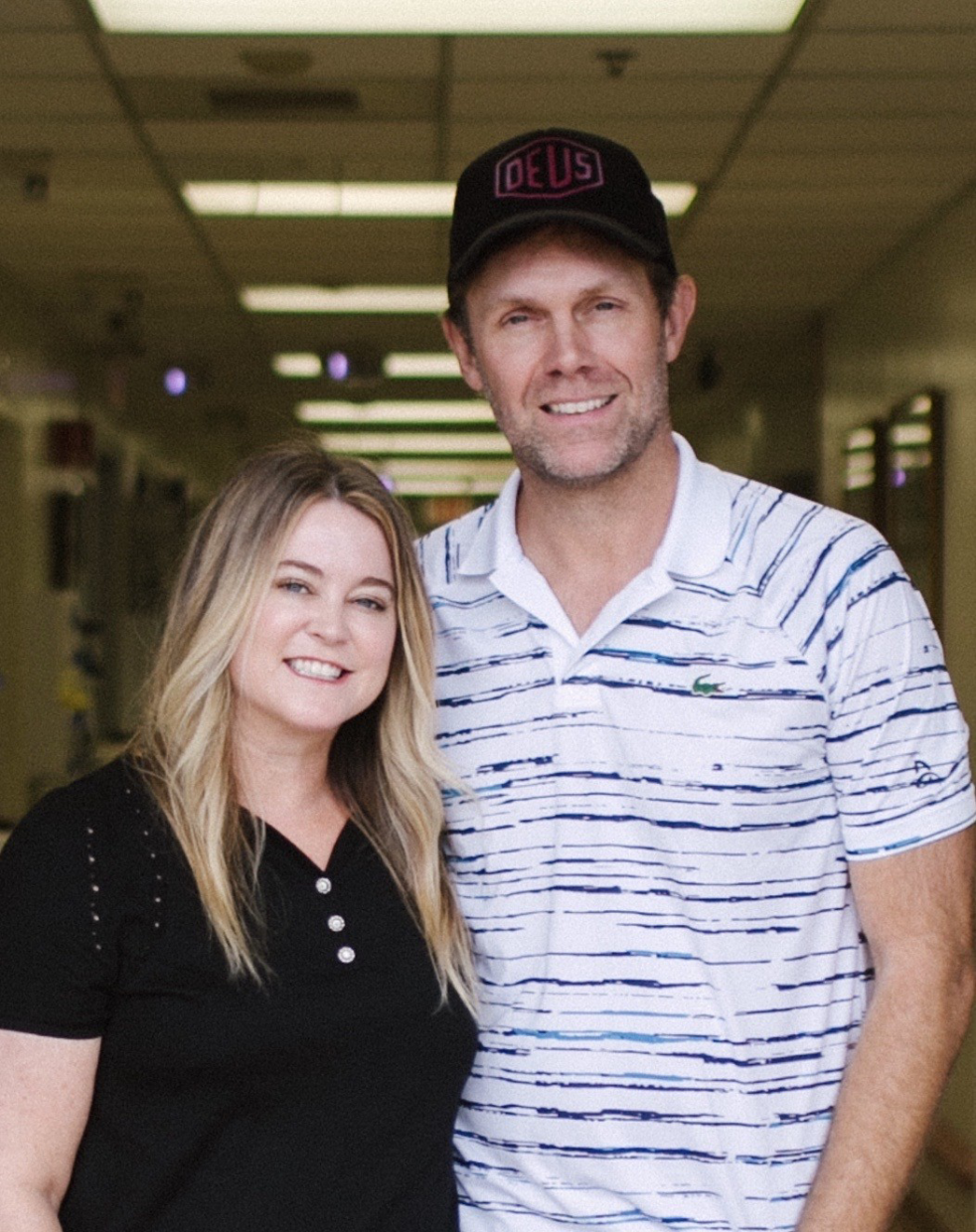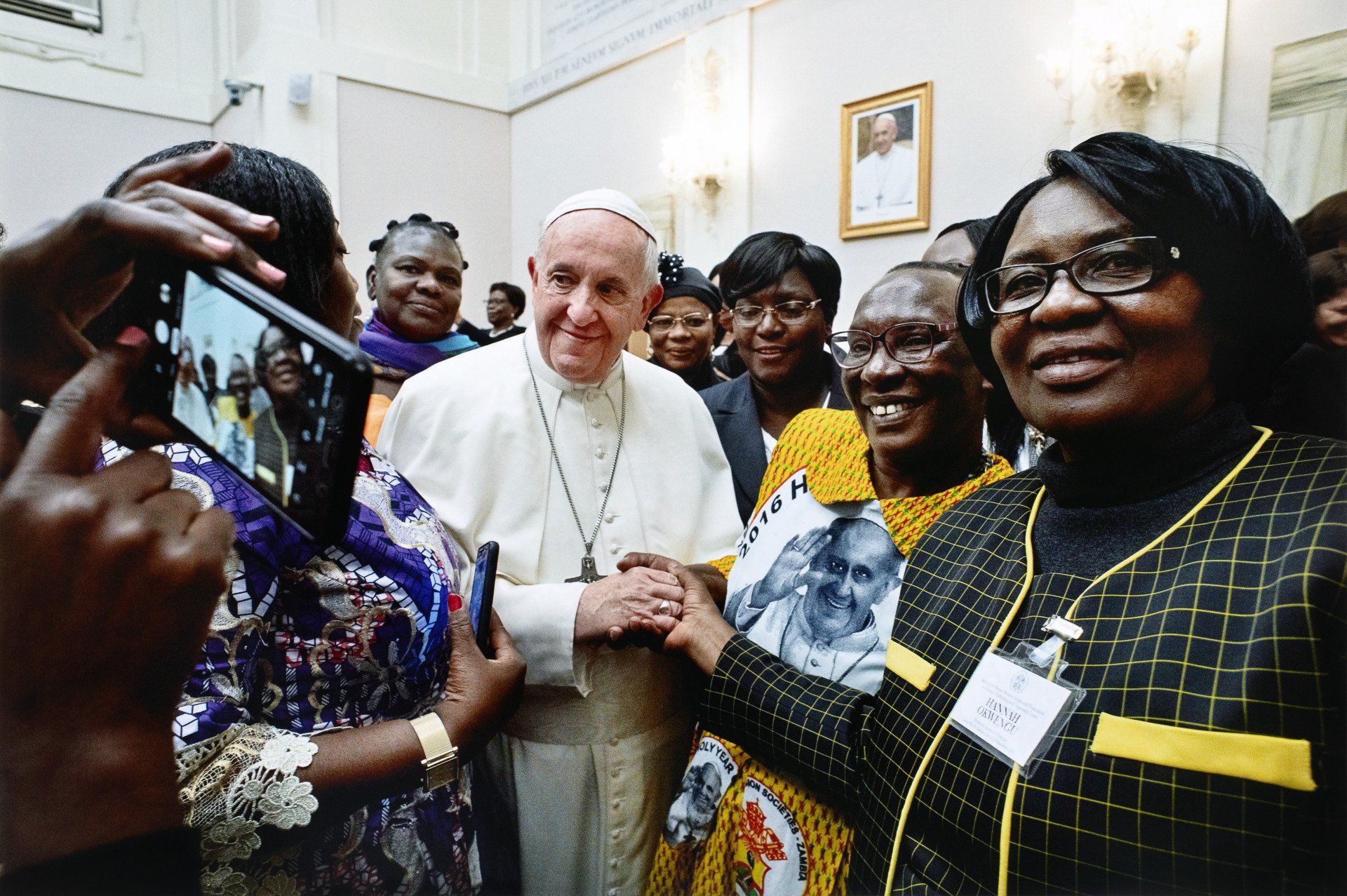Strengthening economic inclusivity and
sustainable global development
WE BET ON LIFE
Take the Pledge:
I pledge to do my part to implement the United Nations’ Sustainable Development Goals in my own city. I will promote awareness, provide resources where I can, and work toward our shared goal: a sustainable world.
Blue Chip Foundation believes that sustainable global growth depends on public-private initiatives between community members and global stakeholders. Introducing communities to outside partners creates an impact ripple effect. Achieving progress in one sector around a particular problem often helps achieve goals associated with other challenges. Blue Chip Foundation firmly believes in the “see one, do one, teach one” approach where adoption of skills and knowledge are essential for developing thriving economies.
The Blue Chip Foundation Founders
In September 2015, the United Nations ratified the new Sustainable Development Goals (or SDGs). The 17 global goals succeed the Millennium Development Goals, forged in 2000. They provide a holistic framework, applicable to all countries, aiming to eradicate poverty and deprivation, but also to grow our economies, to protect our environment, and to promote peace and good governance.
The Blue Chip Foundation was established in 2015 by Jennifer Gross. The Foundation’s mission is to alleviate global poverty by facilitating the realization of the United Nations’ 17 Sustainable Development Goals (SGDs) through financial support of organizations aligned with one or more SDG. The Blue Chip Foundation seeks organizations to partner with globally, nationally and locally.
In the developing world, Blue Chip Foundation focuses on alleviating extreme poverty. In the United States, the foundation has a focus on education. At the local level, the foundation supports social enterprises that address urgent challenges. In every region, the foundation operates with adherence to achieving the Sustainable Development Goals.
Why It Matters
Extreme poverty rates have been cut by more than half since 1990. While this is a remarkable achievement, one in five people in developing regions still live on less than $1.90 a day, and there are millions more who make little more than this daily amount, plus many people risk slipping back into poverty.
Poverty is more than the lack of income and resources to ensure a sustainable livelihood.
Its manifestations include hunger and malnutrition, limited access to education and other basic services, social discrimination and exclusion as well as the lack of participation in decision-
